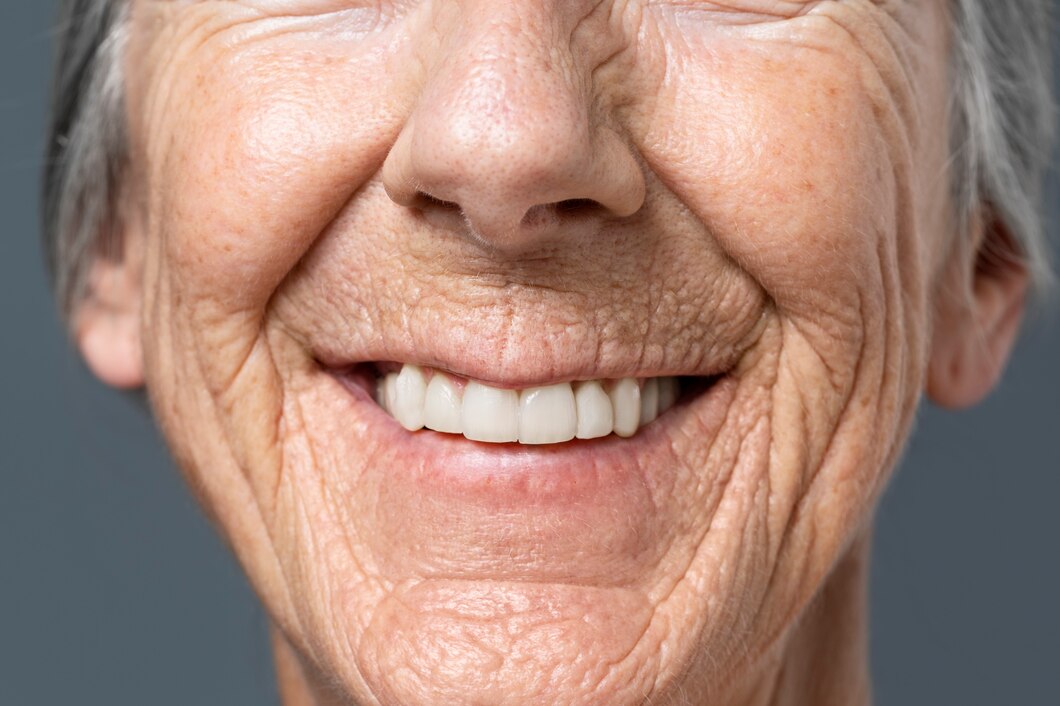Oral health plays a crucial role in the quality of life for the elderly. As individuals age, various dental health issues, such as cavities, gum inflammation, and tooth loss, become common challenges. These problems can affect the elderly's ability to chew food properly, which in turn impacts their nutritional intake. Difficulty in chewing may lead to avoiding hard or fibrous foods like fruits and vegetables, increasing the risk of malnutrition.
In addition to physical challenges, poor oral health can also negatively affect the psychological well-being of the elderly. Many feel self-conscious about speaking or smiling due to the condition of their teeth, which may hinder social interactions and lead to self-isolation. This embarrassment can lower their overall quality of life and contribute to an increased risk of depression.
Moreover, poor oral health can exacerbate other medical conditions commonly experienced by the elderly, such as diabetes and heart disease. Gum infections or inflammation can raise the risk of health complications, particularly in those with existing chronic conditions. Therefore, regular dental check-ups and proper oral care are essential for maintaining the overall health of the elderly.
Through appropriate treatments, such as the use of dentures for those who have lost teeth, and education on maintaining oral hygiene, seniors can preserve their oral function. Good dental health not only enhances eating ability and nutrition but also improves psychological and social aspects, ultimately leading to a better overall quality of life. These efforts also align with the Sustainable Development Goals (SDGs), particularly Goal 3: Good Health and Well-being.
Author: Rizky B. Hendrawan | Photo: Freepik

